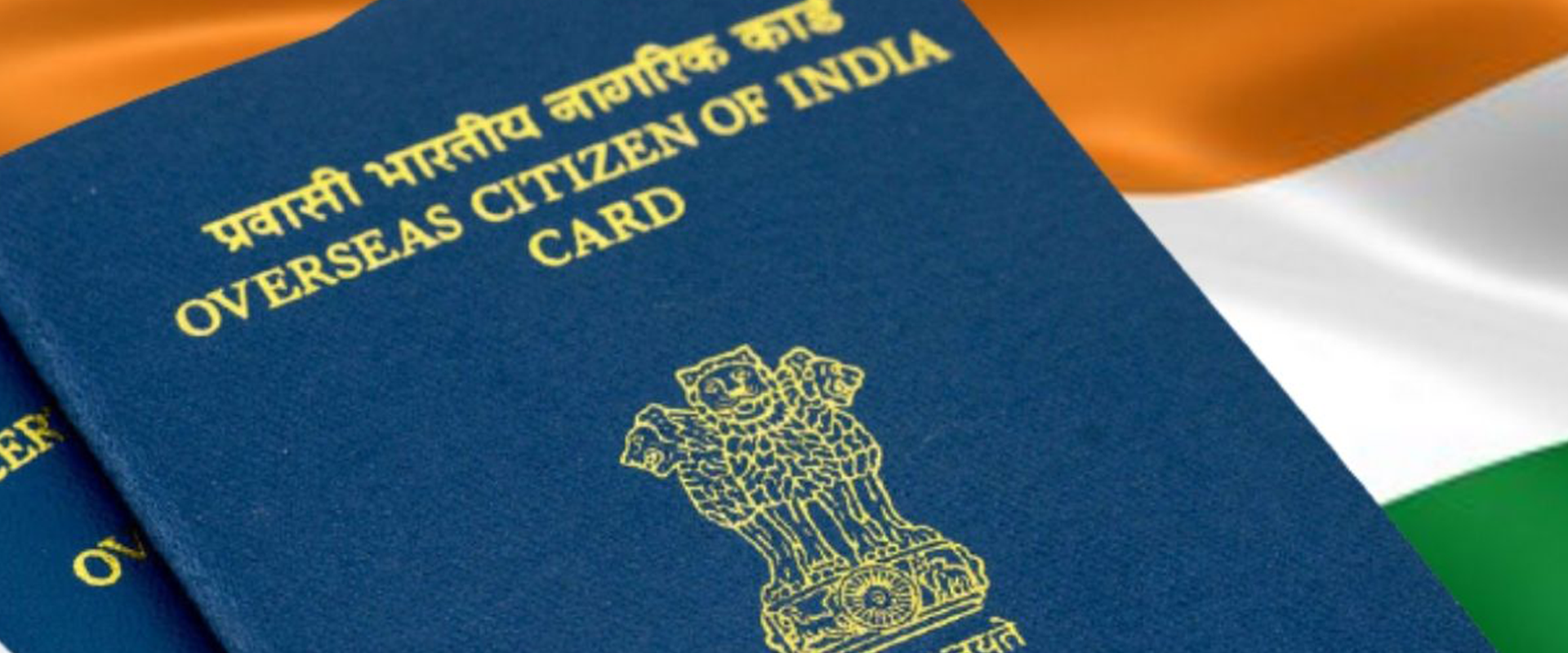TAX COMPLIANCE
Taxation of Individuals (including Foreign Nationals) is based on the source of income and the residential status (regardless of citizenship). Residential status is determined based on the number of days spent in India over the course of previous financial years (financial year April 1 to March 31), regardless of the reason for stay . Our Tax Compliance services in Delhi provides best services as follows.
The amount of income tax that foreigners must pay in India depends on their residency status. Depending on where they live, people might be categorised into the following groups:
- The 182-day rule states that a person must be physically present in India for at least 182 days of the tax year to be considered a resident (182-day rule).
- Physically present in India for at least 60 days during the relevant tax year and at least 365 days (or more) in the four preceding tax years (60-day rule)

Empowering You with Legal Knowledge and Support.
Your Legal Needs, Our Expertise – DS Legals
TAX COMPLIANCE: Resident
If none of the above two qualifications is satisfied, the individual is classified as a Non-Resident (NR) for that tax year.
ROR (Resident and Ordinarily Resident) – If a taxpayer meets the residency requirements, the next step is to see if, She or he is a ROR or Resident but not a regular resident (RNOR). These people are taxed on their whole income. If both of the following requirements are satisfied, an individual is ROR:
- Has been a resident of India in at least 2 out of 10 years immediately previous years; and
- Has stayed in India for 730 days or more in 7 immediately preceding year
Resident but Not Ordinarily Resident (RNOR) – If the individual qualifies merely as a resident and does not meet the aforementioned criteria, she or he will be referred to as a resident but not normally resident (RNOR). These persons are taxed on income generated from India, or income earned from a business established or managed in India. Furthermore, with effect from FY 2020-21, the Finance Act, 2020 has added two new conditions in which a resident person is judged to be a ‘Not Normally Resident’ in India:
- A person of Indian descent or an Indian citizen (passport holder) who earned more than INR 15,00,000 (other than income from foreign sources) in the preceding year and who had been in India for at least 120 days but not more than 182 days.
- Deemed Resident: The notion of presumed residence was established on April 1, 2020. An Indian citizen who has taxable income from India that exceeds INR 15,00,000 during the relevant tax year is considered to be a resident of India if he or she is not subject to tax in any other nation due to domicile, residency, or any other comparable criterion. Furthermore, during the applicable tax year, such an individual will qualify as RNOR in India.
- Non-resident – If none of the residence requirements are satisfied, the individual is classified as a non-resident.
FAQ
Tax compliance is imperative for both individuals and businesses due to its legal ramifications and financial consequences. Adhering to tax regulations is not only a legal obligation but also essential for avoiding penalties imposed by tax authorities. Timely and accurate tax filings contribute to maintaining a positive reputation by showcasing ethical conduct and financial responsibility. Failure to comply may lead to legal consequences, including fines and interest charges. Additionally, non-compliance can tarnish the image of individuals and businesses, affecting their standing in the community and among stakeholders. Therefore, ensuring tax compliance is not just a matter of legal obligation but also a strategic approach to maintaining financial integrity and a positive reputation.
DS Legal offers comprehensive support for businesses, covering tax strategy development, compliance audits, payroll tax management, and guidance on business tax deductions.
Yes, DS Legals offers comprehensive assistance for individuals and businesses with international tax compliance. Our expert team is well-versed in navigating the complexities of cross-border tax regulations. Whether you have international income, investments, or business operations, DS Legals provides tailored guidance to ensure compliance with the tax laws of multiple countries. Our services cover various aspects of international tax, including filing requirements, documentation, and adherence to regulations, to help clients meet their global tax obligations efficiently and effectively.
Yes, DS Legals can assist individuals and businesses with tax filings for multiple states or jurisdictions. Our experienced team is well-versed in navigating the complexities of tax regulations across different regions. Whether you have income sources, investments, or business operations in multiple states, DS Legals provides expert guidance to ensure compliance with tax laws in each jurisdiction. Our tailored approach aims to streamline the tax filing process and optimize outcomes for our clients with diverse geographical interests.
DS Legal supports clients in addressing discrepancies or issues with past tax filings through IRS communication, amended filings, or resolution negotiations.
Yes, DS Legal specializes in proactive tax planning strategies tailored to individuals and businesses, optimizing tax positions within legal boundaries.
Yes, individuals typically need to comply with tax regulations in both their home country and the host country. Understanding and fulfilling tax obligations in each jurisdiction is essential to maintain legal compliance.
Common taxes include income tax, property tax, and capital gains tax. The specific types of taxes vary by country, and it’s crucial to be aware of the relevant tax laws.
DS Legals provides expert guidance on navigating tax compliances during the immigration process. Our services include understanding tax obligations, filing returns, and ensuring compliance with the tax laws of the host country.
Tax compliance during immigration requires thorough documentation to meet legal obligations in the host country. Essential documents include proof of income, investment details, residency proofs, and financial records, providing a comprehensive overview of an individual’s financial standing. Additionally, obtaining a tax identification number (TIN) may be necessary. DS Legals facilitates a smooth process by assisting in the preparation and organization of these documents, ensuring individuals comply with tax regulations seamlessly during their immigration journey.
Yes, non-residents may be subject to taxation in the host country based on their income and financial activities. DS Legals helps individuals understand and fulfill their tax obligations to maintain compliance.
Failure to comply with tax regulations can result in penalties, legal consequences, and complications in the immigration process. DS Legals provides proactive assistance to avoid such issues and ensures clients meet their tax obligations.
Yes, seeking professional assistance, such as DS Legals, is advisable to navigate the complexities of tax compliances during immigration. Our experts provide personalized guidance to ensure a smooth and legally compliant process.
For personalized assistance and expert guidance on tax compliances in immigration, contact DS Legals to schedule a consultation with our experienced team. Explore our website for more detailed information on our immigration and legal services.
Other Immigration Servies

Overseas Citizen Of India
An Overseas Citizen of India is a lifetime visa status. It is the closest thing to dual citizenship that India offers.

Attestation Services
These services are widely appreciated by our customers and are provided by our experienced team members who are experts in this field.

FRRO Services
In the hotel industry, FRRO is a complete acronym signifying An Indian government organisation called the Foreigners Regional Registration Office (FRRO)

VISA Services
visa applicant must submit an application on the online system using the standard visa application form.

`CITIZENSHIP
When a citizen of India voluntarily acquires the citizenship of another country, then he ceases to be a citizen of India.
